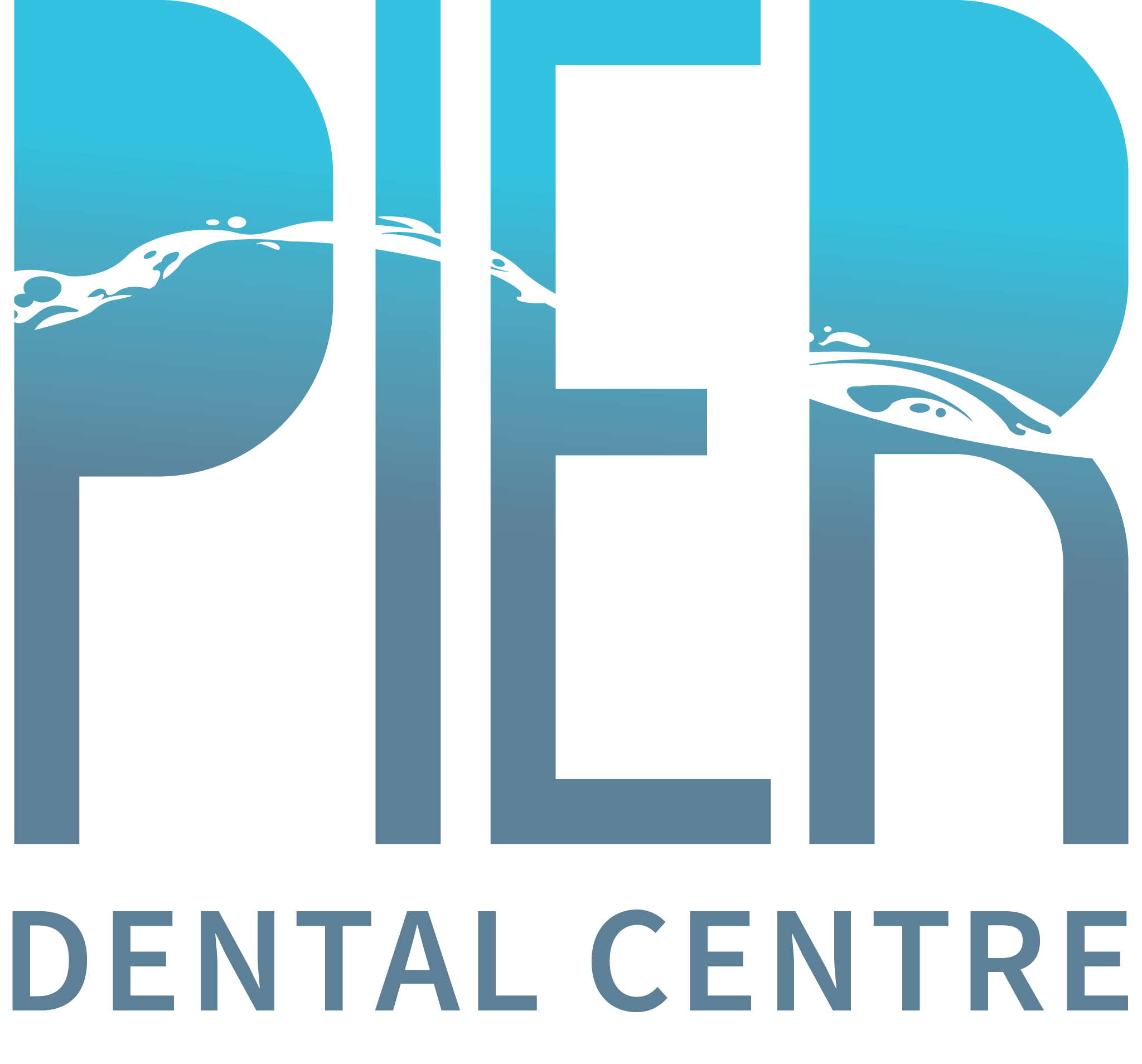On Wednesday, March 4, the World Health Organization (WHO) released updated recommendations for sugar consumption, warning that added sugar increases the risk of tooth decay, obesity, and other health issues such as heart disease, diabetes, and cancer. Top Vancouver dentists agree that sugar is a leading cause of dental problems. A balanced and nutritious diet is best for both your general health and your dental health.
When you eat sugar, bacteria in the mouth mixes with the sugar to form a mild acid. The acid attacks the enamel (hard outer layer of the teeth), increasing the risk of cavities. The level of damage depends on how much sugar is consumed and how long it stays in the mouth, which is a particular concern with young children. Putting a child to bed with milk or juice, for example, means that the sugar will stay in the mouth for a long time. Adults and children should be sure to brush their teeth before bed, and drink water in between meals.
The WHO guidelines advise adults to cut their intake of added sugar to a maximum of 6 – 12 teaspoons per day, or 5 – 10% of total calories. These recommendations focus on “added” sugars, such as those found in processed food, syrup, soda, and fruit juice. Added sugar does not include naturally occurring sugars in fresh fruit, vegetables and milk because these products contain additional nutrients. Without the right nutrients, your teeth and gums can become more susceptible to decay and gum disease.
Based on a 2,000 calorie a day diet, 5% added sugar is roughly 25 grams, the equivalent of less than half a can of pop. When shopping for foods and beverages, skim the ingredients list before you buy. If sugar is listed as one of the first ingredients, you know the product has a very high sugar content. Also watch for other sugar additives such as corn syrup, dextrose, fructose, glucose, honey, maple syrup, molasses and sucrose. For children, you can also request sugar-free options for liquid medicines.
For more information, speak to your Family Dentist or check the list below for some general tips.
- Tips to Reduce Sugar Intake
- Add less sugar to coffee or tea.
- Avoid sugar-sweetened soft drinks and fruit juices.
- When you do eat sweets, avoid sticky sweets. They cling to teeth and are harder to brush away.
- Carry a travel-size toothbrush and use it after eating sweets. If you can’t brush, at least rinse your mouth with water.
References:
Global News – Sugar Levels in Kids
Global News – World Eating Too Much Sugar
Canadian Dental Association – Nutrition For Children



0 comments on “Sugar Guidelines and Dental Health”